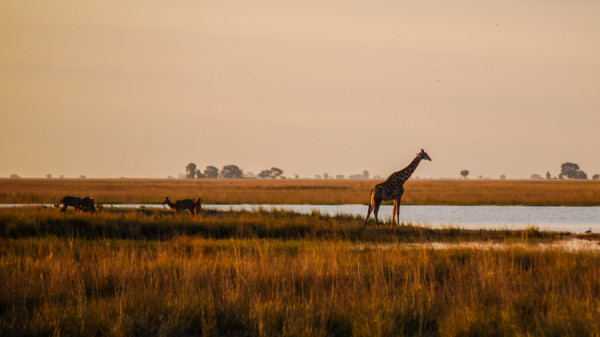




For most nationalities a visa is not required to enter Botswana, exceptions are citizens of Bangladesh, Cameroon, Ghana, India, Nigeria, Pakistan, and Sri Lanka.If you need to apply for a visa, you can find more information at the official Botswana Ministry of Hom Affairs web page: www.bw.gov.
We recommend you ask your doctor what vaccines and medicines you might need when traveling. Most travellers however, chose to vaccinate against hepatitis A, and typhoid.Please note that if you are traveling from a country with risk of yellow fever, and only then, the government of Botswana requires proof of yellow fever vaccination.
With an estimated population of only than 2,25 million people, Botswana is one of the least densely populated countries in the African continent. It borders with Namibia to the northwest, a small tip of Zambia to the north, Zimbabwe to the east and South Africa to the south.Botswana spans an area of 581,730 km2 (224,607 sq mi), and lies between latitudes ~18° and ~26,5°S, and longitudes 20°E and 28°E, and has only 2,6% of its area covered with water.Botswana implements the metric system, and drives on the left side of the road.
There are mainly two types of weather in Botswana: wet or dry.The monsoon is seen in November, and the least rain is seen in the months of May, June, July and August.The warmest period is normally in October when temperatures rise to about 35°C (96°F), and the coolest months are between June and July when the average high temperature rarely goes above 26°C (78°F), in these months the nights might cool down to below 10°C (50°F).
The currency in Botswana is Pula (BWP). Visa cards will work in ATMs and cash machines, and these are readily available.